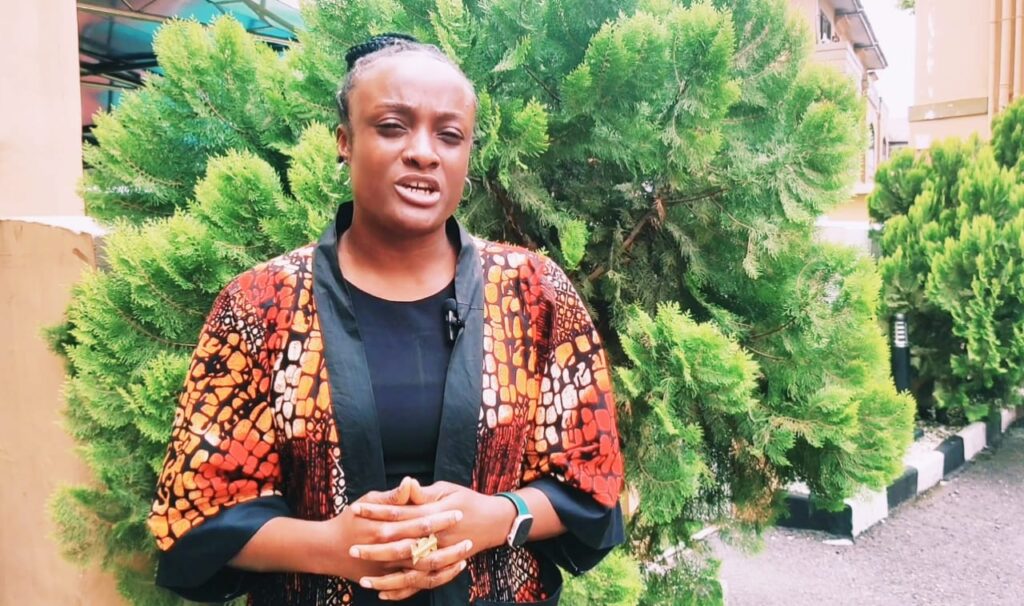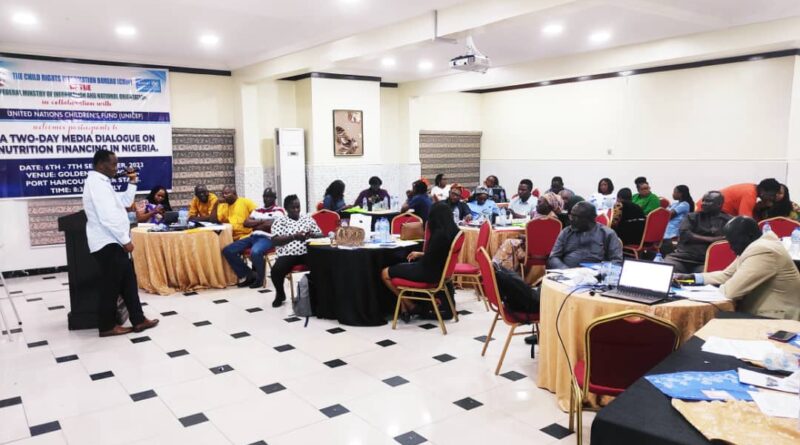Malnutrition:UNICEF Expresses Worry As Nigeria Records 23.5m Anaemic Children
With 23.5 million children in Nigeria suffering from anaemia due to malnutrition, the United Nations Children’s Fund (UNICEF), has expressed worry over the alarming statistics and called on government and stakeholders to address the challenge.
According to Nigeria Demographic and Health Survey (NDHS 2018), 12 million children in Nigeria are stunted while 3 million wasted.
UNICEF Nutrition Officer, Nkeiruka Enwelum lamented that worsening situation of child malnutrition in Nigeria was alarming and requires an urgent attention.
Quoting the NDHS data, Enwelum said that Nigeria ranked 1st in Africa and 2nd in the world in terms of number of malnourished children.

She said the country is off track to achieve United Nation’s Sustainable Development Goal 2 aimed at achieving zero hunger by 2030.
At a media dialogue in Port-Harcourt, Rivers State capital on child malnutrition on Wednesday with the theme: “investing in child malnutrition for the future”, Enwelum said 12 Million children in Nigeria are stunted, 3M wasted and 23.5M anaemic due to malnutrition.
Speaking on the NDHS data, Enwelum said “These are worrying statistics because they have impact on the wellbeing of our children. Malnutrition can expose children to illnesses and consequently contributes to likelihood of mortality.
“The nutrition situation in the country requires urgent attention. We also need to focus on implementing preventive actions and where we are unable to prevent it, then there is need to put in place and facilitate access to treatment of all forms of malnutrition so that we can have a healthier population that can contribute to our economic growth”, Enwelum said.
UNICEF Communication Specialist, Dr Geoffrey Njoku charged the media to mainstream the issues around child malnutrition to attract actions that would change the situation.
Njoku called on government at all levels and stakeholders to increase funding for nutrition programming in Nigeria. He said the issue around nutrition is huge but the money available to tackle the issue is not enough.
According to him, “The main objective of this media dialogue was to dissect issues around malnutrition so as to prompt journalist to do compelling stories that would attract the attention of government and other stakeholders to take neccessary steps to address the challenge”, Njoku noted.




